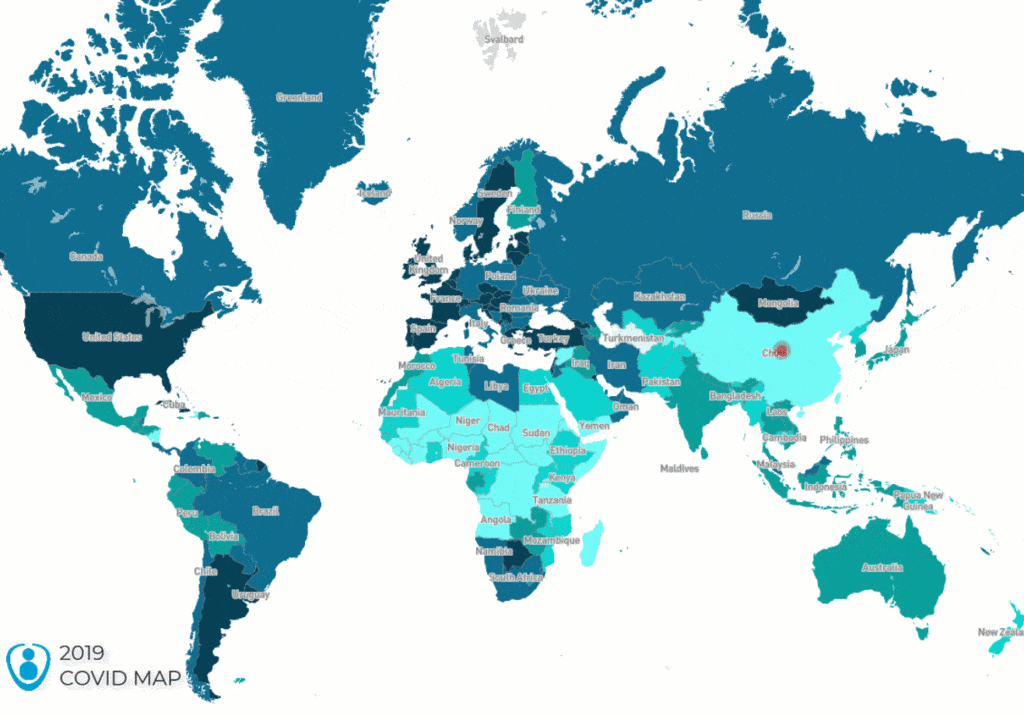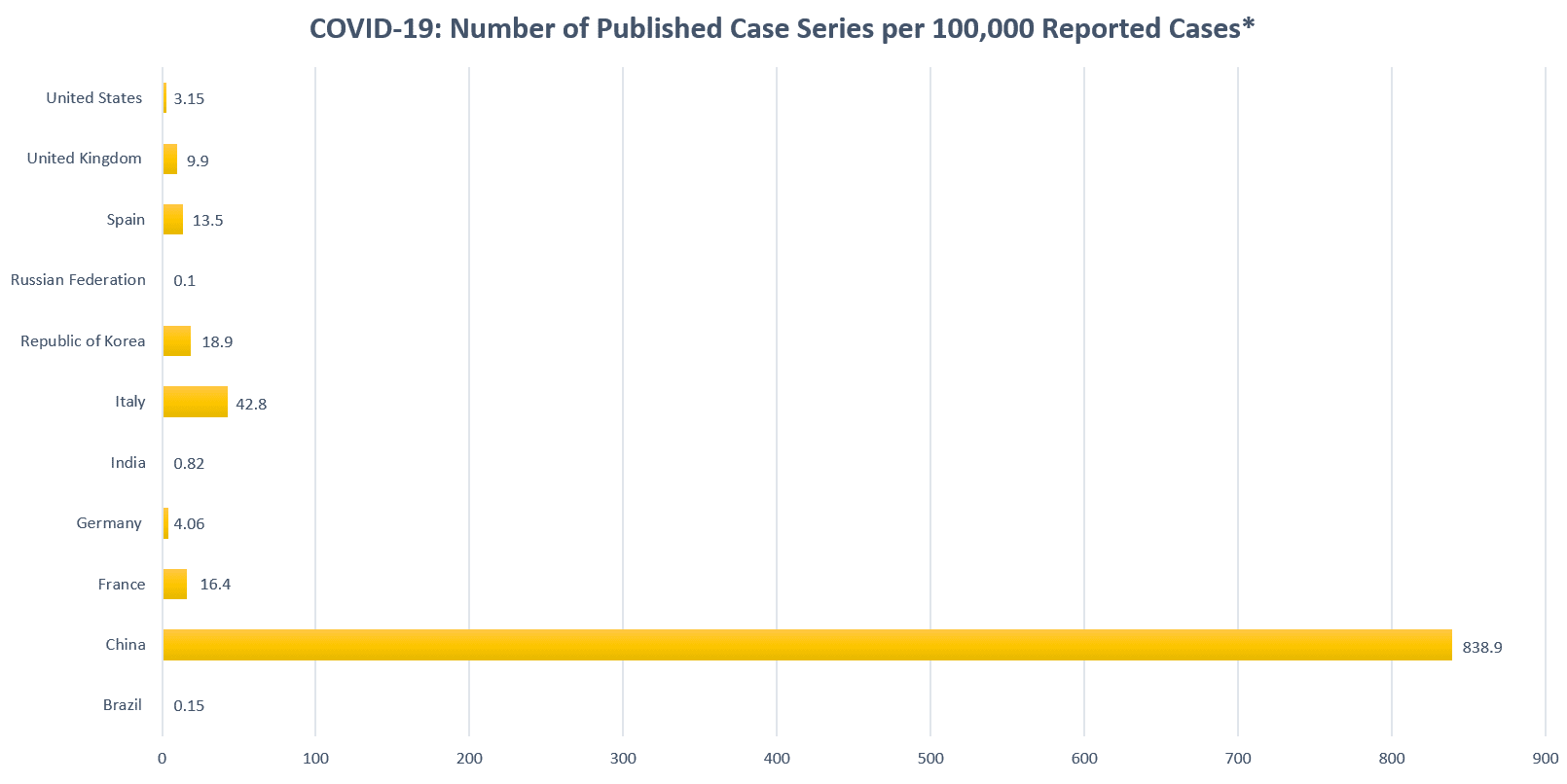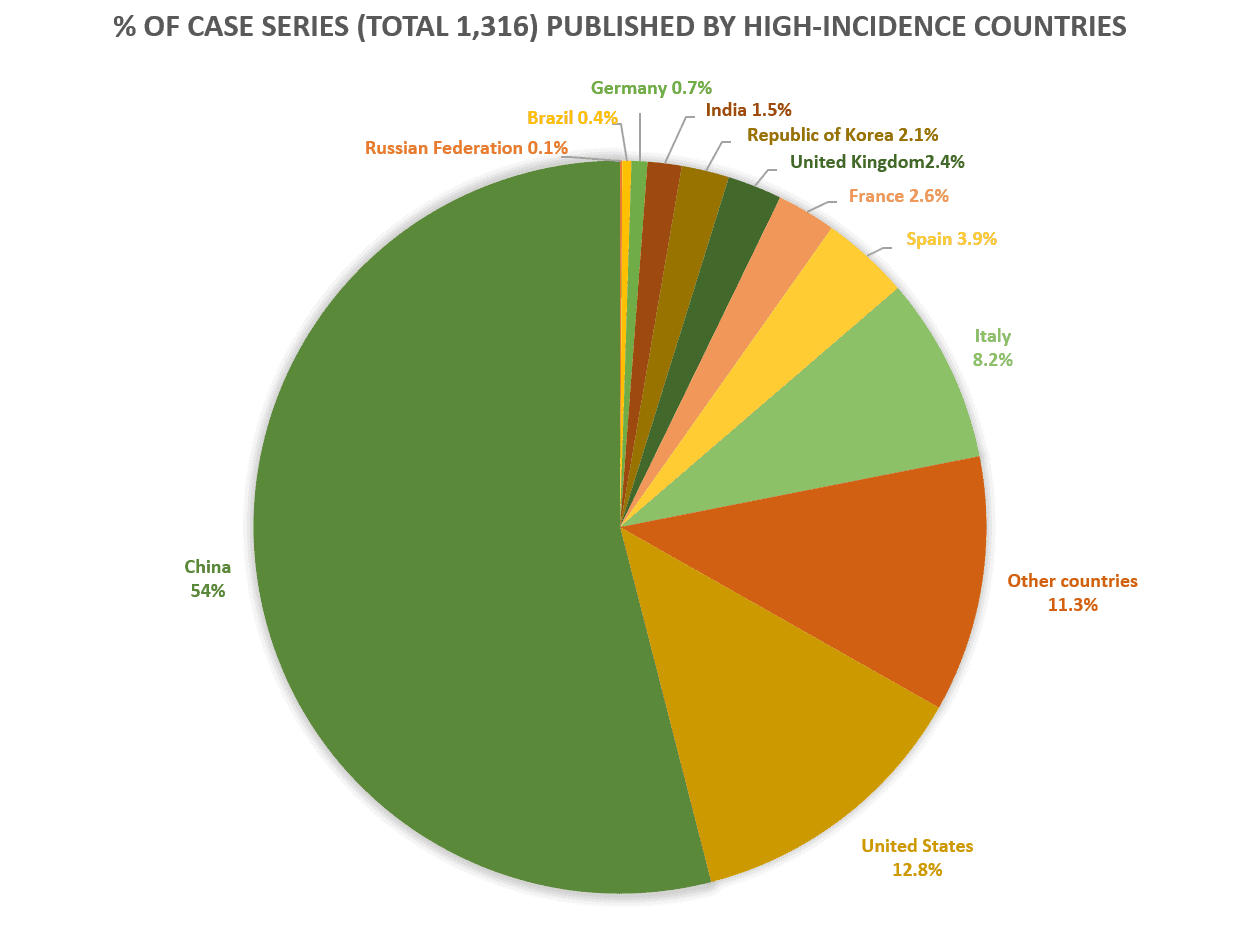…But There Were No Coronavirus Cases in Turkmenistan
In most cases, countries that were not reporting COVID-19 cases had instituted travel restrictions, surveillance, and preventive measures (masks, social distancing, etc.). Several Pacific Island Nations listed below are geographically isolated, lack sufficient medical resources, and enforce similar forms of restriction and enforcement.
The approach of two European countries – Tajikistan and Turkmenistan – was notably different. Although Tajikistan enforces restricted travel and quarantine for arriving travelers, large public gatherings and sporting events are not limited. Face masks, though not required, were and still are commonly seen in the streets. In contrast, a report by Reporters Without Borders stated that Turkmenistan had banned the word “coronavirus” and that people wearing masks could be arrested. Nonetheless, Turkmenistan did ascribe an absence of COVID-19 cases to strict enforcement of travel restrictions and announced in early April 2020 that all citizens would be tested for the virus.
A seeming absence of COVID-19 in North Korea has led to considerable speculation and even conspiracy theories. The fact that this country shares a border with China would suggest that infected individuals are likely to have entered the country; however, North Korea did impose a closure of the border at an early stage of the Chinese outbreak and imposed strict control, surveillance, and quarantine over potential cases.
Why Some Countries Have Fared Better in Fighting COVID-19
There were more than 1.2 million confirmed cases of COVID-19 in the United States as of December 2020, with nearly 80,000 related deaths on record. This number is larger than a quarter of the total deaths suffered worldwide.
What has America gotten wrong in its response to the deadly virus, and what have other countries done right?
New Zealand, South Africa, and Vietnam—even sharing a border with China where the virus originated —have experienced relatively few cases and minimal deaths from COVID-19. Our co-founder and infectious disease expert, Dr. Stephen Berger, shared his thoughts for an article in Healthline about why these countries might be faring better than others.
“All three countries have a coordinated, nationwide, centrally planned response and travel restrictions, both domestic and international,” said Dr. Berger.
Elements of each country’s response that likely have contributed to their success in keeping the virus at bay include:
- Speed: rapid response to the situation in closing borders immediately, implementing full lockdowns, and requiring that masks be worn right away
- Aggressive enforcement: all three countries have been stern in enforcing these regulations with government assistance and even military intervention
- Testing: meticulous attention devoted to testing and then contact tracing as to following where someone infected has traveled
Additionally, South Africa and Vietnam have drawn on their past experiences with deadly diseases such as HIV infection, Tuberculosis, and SARS. Experts agree that early and swift action is key to a country’s success in fighting any deadly virus. “Trying to play catch-up is always more difficult than heading things off early on,” says Dr. Berger.




